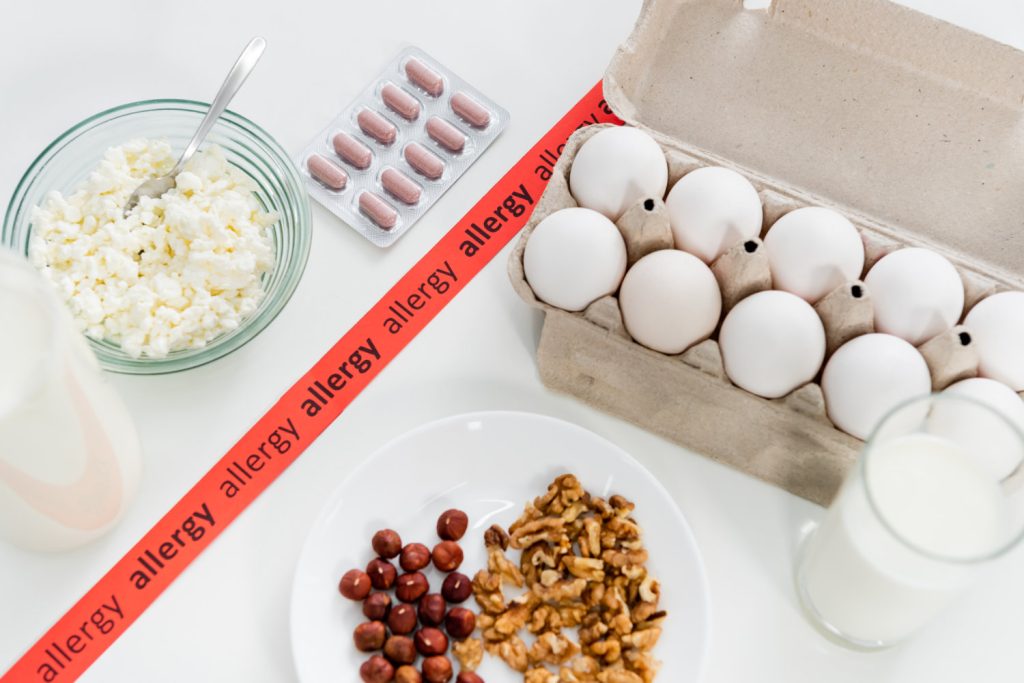The Risks of Dietary Supplements: What You Need to Know
In the quest for better health, many people turn to vitamins and other dietary supplements. These supplements are often touted as a quick and easy solution to enhance well-being. However, while dietary supplements can be beneficial when used appropriately, they also come with potential risks that are often overlooked. Understanding these dangers is crucial for anyone considering or currently using dietary supplements.
The Risks of Overconsumption
One of the most significant dangers of dietary supplements is the risk of overconsumption. Many individuals take multiple vitamins and minerals, sometimes in doses much higher than recommended. According to the Cleveland Clinic, excessive intake of vitamins, particularly fat-soluble ones like Vitamins A, D, E, and K, can lead to toxic levels in the body, causing serious health issues such as liver damage, bone pain, and gastrointestinal problems.
Healthline also highlights the risk of overdosing on vitamins. For instance, consuming too much Vitamin A can result in symptoms ranging from nausea and dizziness to more severe effects like liver damage and intracranial pressure. The body’s ability to process and excrete excess vitamins varies, and while water-soluble vitamins are generally excreted through urine, fat-soluble vitamins are stored in body tissues, increasing the risk of toxicity.
Unregulated Supplements and Contaminants
The supplement industry is not as strictly regulated as pharmaceuticals, leading to potential issues with product purity and accuracy of labeling. According to the National Institutes of Health (NIH), supplements can sometimes contain contaminants or ingredients not listed on the label, which may pose additional health risks. For instance, a supplement might be contaminated with heavy metals, such as lead or mercury, which can lead to serious health problems over time.
Harvard Health emphasizes that this lack of regulation can also lead to interactions with prescription medications. Some supplements can interfere with the effectiveness of medications or enhance their side effects, leading to dangerous outcomes. For example, St. John’s Wort, a popular supplement used for depression, can significantly reduce the effectiveness of certain antidepressants and birth control pills.
Potential for Harmful Effects
Supplements are not always benign and can have unintended consequences. The American Cancer Society warns that while some supplements may offer benefits, others can cause harm. Excessive use of certain supplements, such as antioxidants, has been linked to increased risks of certain cancers and cardiovascular issues. Furthermore, supplements taken in excessive amounts or without proper medical guidance can lead to acute health issues, requiring emergency medical attention, or even death.
Safety Measures and Recommendations
To minimize the risks associated with dietary supplements, consider the following safety measures:
- Consult with a Healthcare Provider: Before starting any new supplement regimen, it’s essential to discuss it with a healthcare provider, especially if you have underlying health conditions or are taking other medications.
- Adhere to Recommended Dosages: Follow dosage recommendations and avoid the temptation to exceed the suggested amounts. Higher doses do not necessarily equate to better health outcomes.
- Choose Reputable Brands: Opt for supplements from reputable manufacturers that adhere to quality control standards. Look for third-party testing or certification marks on the label.
- Be Aware of Potential Interactions: Understand how supplements might interact with other medications or conditions. Your healthcare provider can help you navigate these interactions.
- Stay Informed: Educate yourself about the potential risks and benefits of supplements. Reliable sources like the Cleveland Clinic, Healthline, and the NIH provide valuable information on this topic.
It’s rare, but using some vitamins in excessive amounts can cause death. To avoid any negative side effects, it is always best to consult your doctor before beginning a new supplement.
While dietary supplements can offer benefits, they are not without risks. By staying informed and consulting healthcare professionals, you can make more informed decisions and use supplements safely. Remember, supplements should complement, not replace, a balanced diet and healthy lifestyle. For more information on what constitutes a vitamin or supplement, check out our blog “The Fast Facts on Vitamins & Supplements.”




